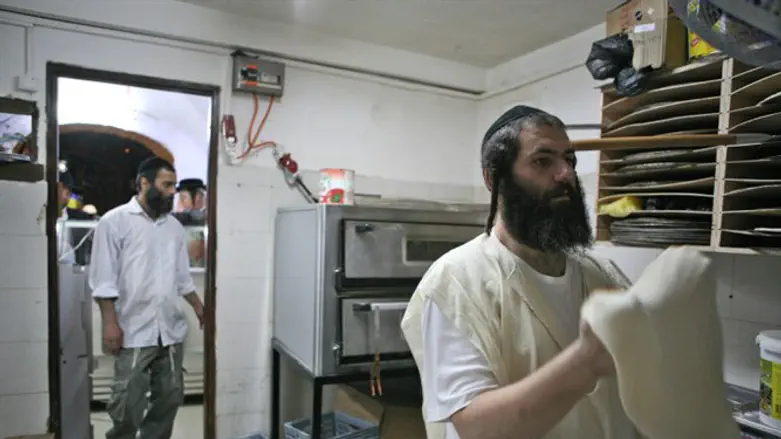
A private kosher certification is not always trustworthy and in Israel, for that reason, private certifications are not recognized.
But is a recognized kosher certificate hanging on the wall of a restaurant enough to safely assume that the food in the restaurant is kosher?
According to Rabbi Yitzchak Dvir of the organization "Kosharot," which seeks to raise awareness of issues relating to kosher issues in the modern world, the answer is no. Further, according to Rabbi Dvir, it is incumbent on an individual to thoroughly verify kashrut ("kosherness") himself.
The ability to rely on a certificate that verifies a location as "kosher" derives from a principle in Jewish law that "one witness is trusted in matters concerning which there is a prohibition." In this case, a certificate is presumably a written guarantee from a witness, usually a professional "kosher supervisor," that everything in the restaurant or factory is kosher.
However, according to Rabbi Dvir, kashrut certificates cannot be considered valid guarantees of kashrut according to Jewish law, because they are printed before the food products are even made, and one can only be a witness to what he has already seen already - not to what he will see in the future.
Therefore, Rabbi Dvir concludes, aside from certifications from organizations whose standards are known to the individual, one must try to verify the kashrut of food products by himself.
Rabbi Yehuda Amichai of the "Torah and Land Center" disagreed with Rabbi Dvir's conclusions. According to Rabbi Amichai, there is no need to check the kashrut of a place which is inspected by kashrut supervisors who respect God and who know the details of Jewish law, unless a specific problem arises.